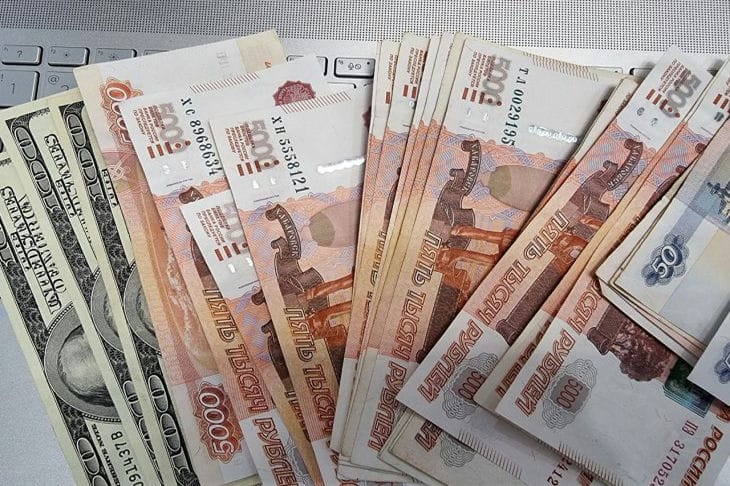Do you have a good income, but money seems to be slipping through your fingers?
Are you constantly forced to borrow a thousand or two from a neighbor or colleague because there are still four days until the next incoming payment, and your wallet is already empty?
Or, worse, are you entangled in your own loans and credits? It's time to stop this senseless treatment of your finances.
What can you do to "manage" your own budget, rather than go with the flow, submitting to fate, inflation and momentary desires to buy something?
First of all, start writing down all your expenses and income. Everything: from your monthly credit card payment to buying a bag at the store, from your salary to unexpected financial help from relatives.

Don't think it's that hard: five minutes a day is enough to enter all the data into a special table. And you can look at your expenses in a smartphone app or by using receipts from stores. Don't analyze anything yet, just write down the numbers for at least a month or two.
Next, figure out your most constant expenses. As a rule, these are utility bills, groceries, filling up your car (if you have one), or buying public transport tickets. Payments on loans and credits are also written off monthly, so they are considered constant until a certain time.
For these needs, immediately set aside the necessary amount of money as soon as they are credited to your account or card. To save yourself time, open a separate card or account and set up the autopayment function on it.
Third - even if money is really tight, put aside at least five percent of all your income into a separate account. Let it be five rubles from every hundred, but then, in a month or two, you will master the habit of putting aside and will be pleasantly surprised by the amount that has accumulated in the account.
Fourth, look for savings. Don't buy bags, limit your consumption of sweets and alcohol, use bonus points when shopping, pay with cards with cashback enabled, forget about spontaneous spending and desires for a while.
Turn your attempts to save into a quest: look for cheaper prices, compare the quality of goods, switch to goods with a lower cost. All savings can also be sent to the account where the money you put aside from each receipt is already located.
Fifth - if your new paycheck has already arrived, and you haven't spent the money from the previous one in full, put aside these unspent funds as well. Even if it's only one or two hundred rubles. It's important not to chase after large sums now, but to get into the habit of putting money aside.
Sixth, since loans and credits require repayment, make a plan by which you can pay off the necessary money without putting too much pressure on yourself.
It is important to pay off not only the interest, but also the "principal" of the loan amount. Some MFIs allow you to take a payment deferment if you do not have money for partial or full repayment now. Take advantage of this opportunity.
Seventh - the "free money" received in the form of a bonus, a debt paid off, amounts freed up after reducing loan payments, or just cash gifts, sign in half. Again, put some of it aside in a separate account, and spend the rest as you wish.
And eighth - look for ways to earn more. Monetizing your hobby, providing small services to colleagues, earning money from surveys and comments on the Internet, selling unnecessary things - all this brings in money.
And with all these earnings, do the same as with the rest - 10 percent into a separate savings account, the rest - for current expenses or for realizing your dreams.
Earlier I talked about why people don’t value themselves .








